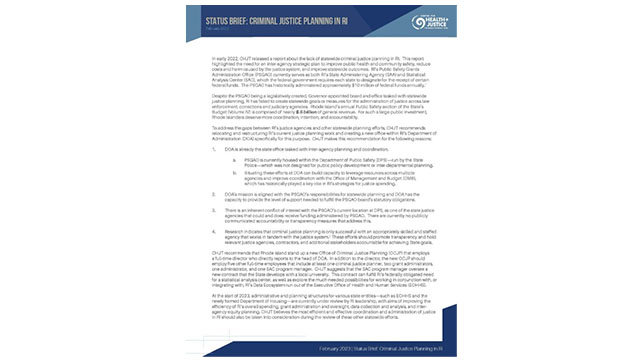Chained by Debt
As the United States grapples with how to undo and repair the far-reaching harms caused by mass criminalization and incarceration, the elimination of legal debt offers the chance to undertake a relatively small change that would have an immense impact.








